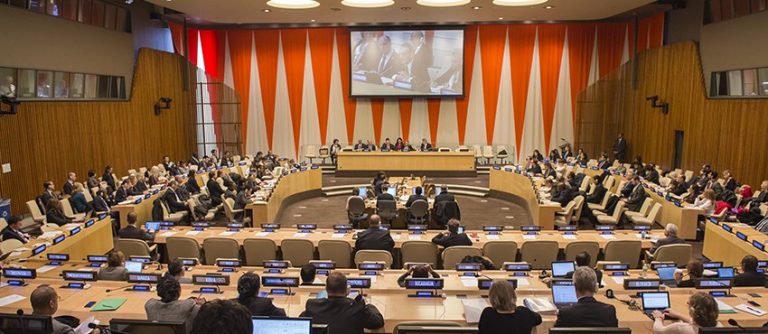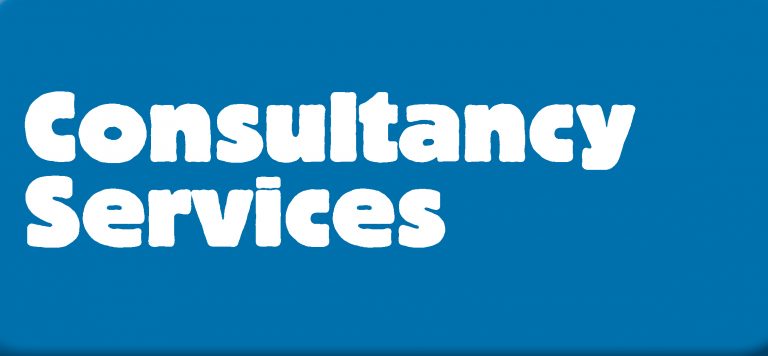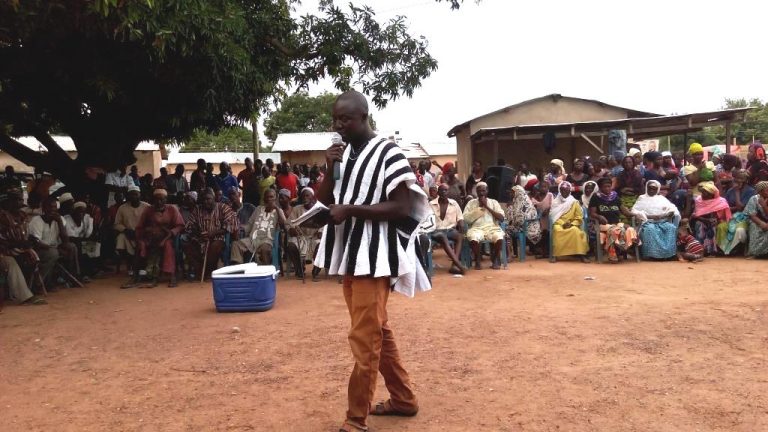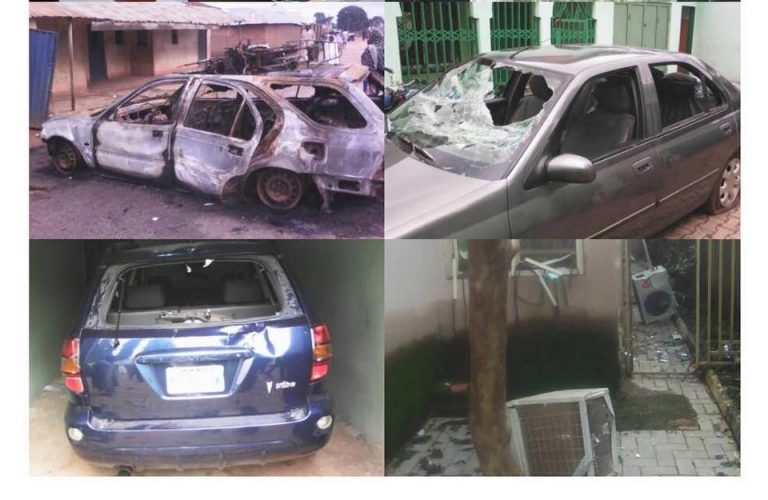The Media Foundation for West Africa (MFWA) will hold this year’s prestigious West Africa Media Excellence Awards on October 13, 2018.
The event will be graced by distinguished diplomat and the Special Representative of the UN Secretary General and Head of UN office for West Africa and the Sahel, Dr. Mohamed Ibn Chambas.
This year the competition received over 600 entries from 12 countries across West Africa from both Francophone and Anglophone countries. The three-member panel of judges after a thorough review of the entries shortlisted 18 finalists for seven out of 14 categories.
The shortlisted finalists for WAMECA 2018 are:
Kingbewe Yao Hervé, Banuto (online), Benin
Justice Baidoo, Multimedia Broadcasting Limited, Ghana
Anthony Acarus Stephen, Power FM/TV), Liberia
Anthony Akaeze, TELL/ICIR, Nigeria
Manasseh Azure Awuni, Multimedia Broadcasting Limited, Ghana
Adam Alqali, African Newspage, Nigeria
Mame Diomma Dramé, Ouestafnews, Senegal
Odimegwu Onwumere, Nigeria Voice, Nigeria
Ridwan Karim Dini-Osman, GHOne TV, Ghana
Kemi Busari, PREMIUM TIMES, Nigeria
Sawadogo Afsétou, Sidwaya, Burkina Faso
Seth Kwame Boateng, Multimedia Broadcasting Limited, Ghana
Bayo Olupohunda, NAIJ.com, Nigeria
Nabaloum Abdel Aziz, Sidwaya, Burkina Faso
Richard Kwadwo Nyarko, Multimedia Broadcasting Limited, Ghana
Victor Ekwealor, Techpoint, Nigeria
Daryl Kwawu, Multimedia Broadcasting Limited, Ghana
Oladeinde Olawoyin, PREMIUM TIMES, Nigeria
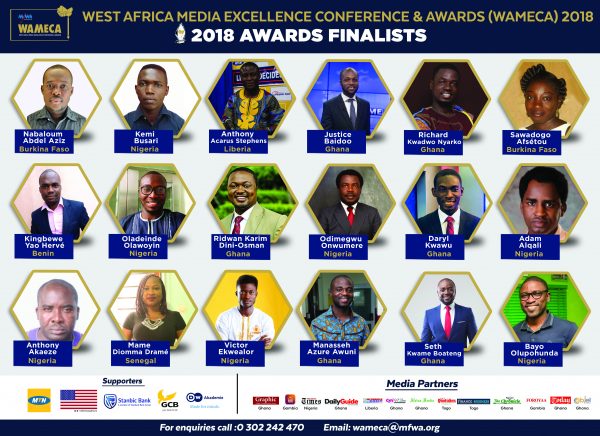
The winners for the various categories including the overall best West African journalist will be announced at the Awards event on the 13th of October, 2018.
Winners will receive plaques, certificates and cash prizes. All finalists who are not winners in the various categories will also receive certificates of merit.
All 18 finalists will also be inducted as fellows of the MFWA’s Journalism for Change Network and will be offered regular training opportunities both locally and internationally to enhance their capacity to influence positive change in society through journalism.
The West Africa Media Excellence Conference and Awards (WAMECA) is supported by MTN-Ghana, GCB Bank, Stanbic Bank and the US Embassy in Ghana. The event is also supported by several media partners across West Africa.
For other details, visit www.mfwa.org/wameca.

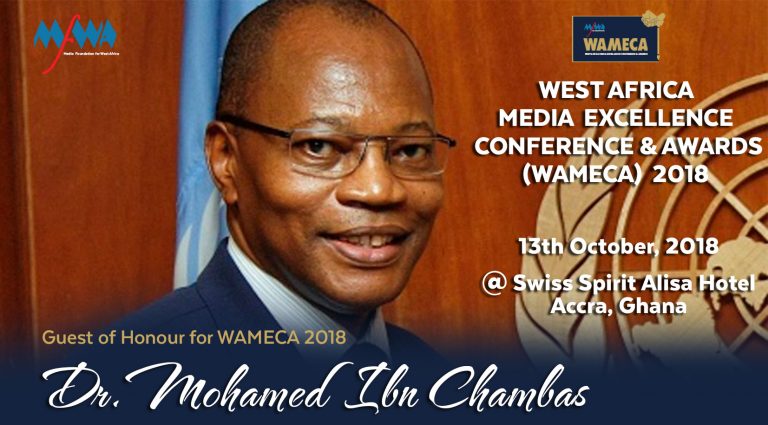
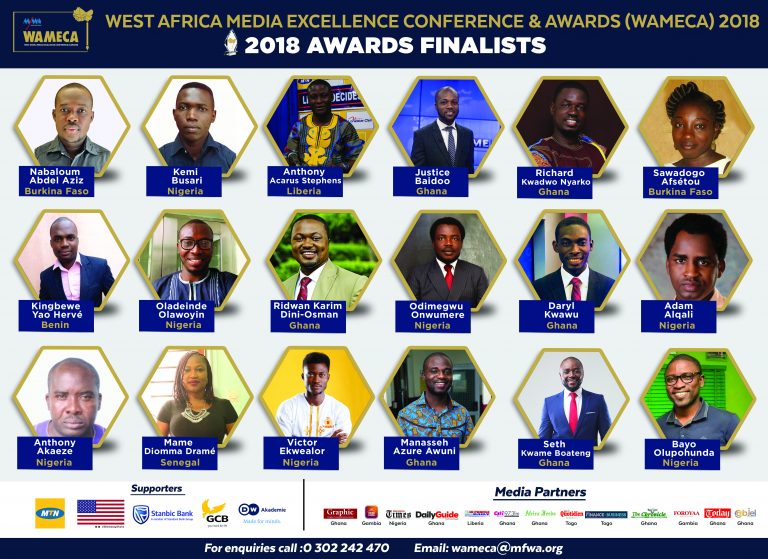




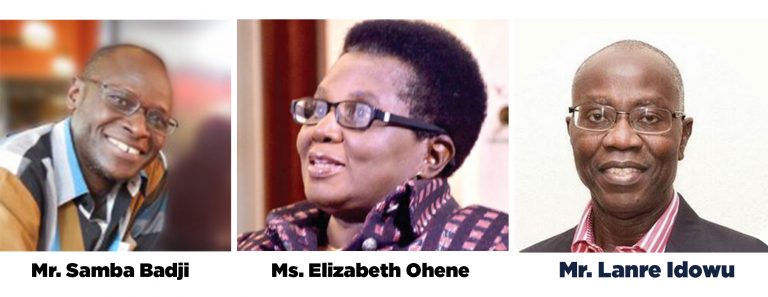
 Mr. Samba Dialimpa Badji is a Senegalese media professional of great repute, having worked with several local and international media organisations in his brilliant career. Samba Badji was a Senior Producer for the French Service of the BBC from March 2010 – Nov 2014.
Mr. Samba Dialimpa Badji is a Senegalese media professional of great repute, having worked with several local and international media organisations in his brilliant career. Samba Badji was a Senior Producer for the French Service of the BBC from March 2010 – Nov 2014. Mr. Lanre Idowu is an accomplished and highly respected Nigerian journalist, editor, author, publisher, media owner and trainer. He is well known in Nigeria for his passion and commitment to quality journalism.
Mr. Lanre Idowu is an accomplished and highly respected Nigerian journalist, editor, author, publisher, media owner and trainer. He is well known in Nigeria for his passion and commitment to quality journalism. Ms. Elizabeth Ohene is veteran Ghanaian journalist. She worked with the Graphic Communications Group between 1967 and 1982 as a Reporter, Staff Writer, Columnist and Acting Editor of the Daily Graphic and Mirror.
Ms. Elizabeth Ohene is veteran Ghanaian journalist. She worked with the Graphic Communications Group between 1967 and 1982 as a Reporter, Staff Writer, Columnist and Acting Editor of the Daily Graphic and Mirror.